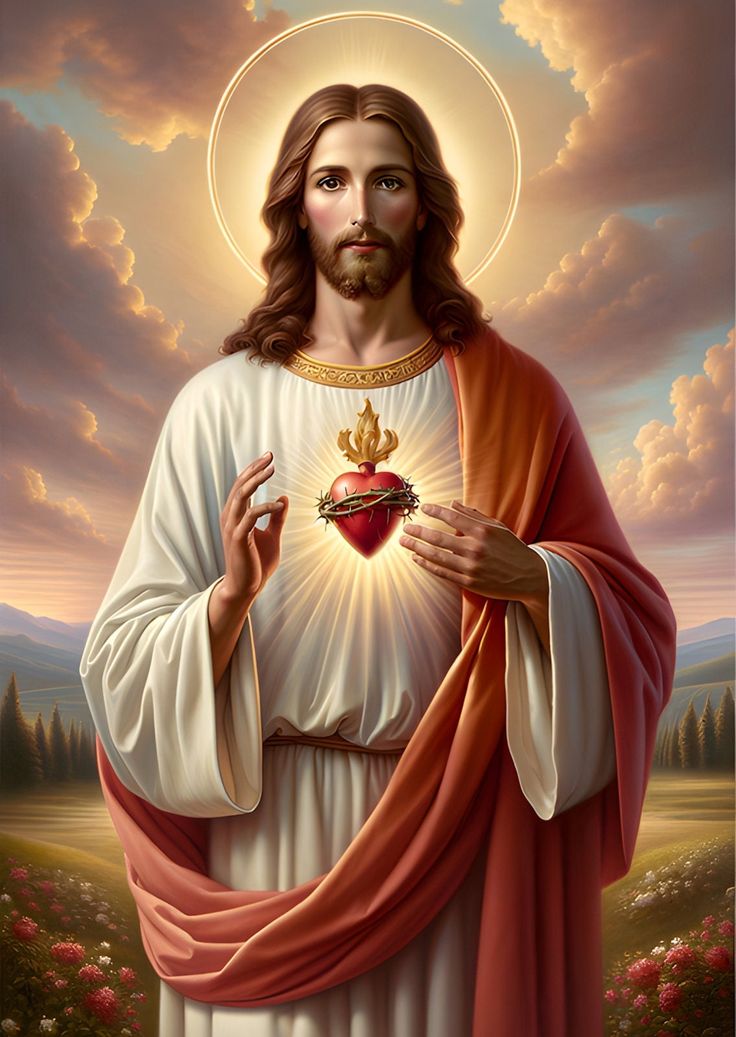Understanding the Holy Spirit as God has been a profound journey for the Church. Early Christians engaged in extensive prayer, study, and discussions to clarify His divine nature. The conclusion they reached is clear—the Holy Spirit is not just a presence or power but truly God.
Divine Characteristics of the Holy Spirit
The Holy Spirit possesses essential attributes that confirm His divinity.
His Presence Is Everywhere (Omnipresence)
The Holy Spirit is present in all places at all times.
“Where can I go from your Spirit? Or where can I flee from your presence? If I ascend to heaven, you are there; if I make my bed in Sheol, you are there…” (Psalm 139:7-12).
His Knowledge Is Infinite (Omniscience)
The Holy Spirit has complete knowledge, even of the deepest mysteries of God.
“These things God has revealed to us through the Spirit; for the Spirit searches everything, even the depths of God,” (1 Corinthians 2:10).
His Power Is Limitless (Omnipotence)

The Holy Spirit demonstrates unmatched power, as seen in miraculous events like the birth of Christ.
“The Holy Spirit will come upon you, and the power of the Most High will overshadow you… for nothing is impossible with God,” (Luke 1:35-37).
His Authority Is Supreme (Sovereignty)
The Holy Spirit acts according to His divine will, guiding and gifting individuals for specific purposes.
“All these are activated by one and the same Spirit, who allots to each one individually just as the Spirit chooses,” (1 Corinthians 12:11).
“Set apart for me Barnabas and Saul for the work to which I have called them,” (Acts 13:2).
He Is Eternal
The Holy Spirit is timeless, with no beginning or end.
“…how much more will the blood of Christ, who through the eternal Spirit…” (Hebrews 9:14).
Biblical Proof of the Holy Spirit as God
Scripture affirms the Holy Spirit’s divine status.
- Peter’s Declaration: “Why has Satan filled your heart to lie to the Holy Spirit?… You did not lie to us but to God,” (Acts 5:3-4).
- Jesus’ Instruction: In the Great Commission, Jesus equates the Holy Spirit with the Father and Himself: “Baptizing them in the name of the Father and of the Son and of the Holy Spirit,” (Matthew 28:19).
- Paul’s Benediction: “The grace of the Lord Jesus Christ, the love of God, and the communion of the Holy Spirit be with all of you,” (2 Corinthians 13:13).
The Holy Spirit in the Trinity

The Holy Spirit is the third Person of the Trinity, inseparable from the Father and the Son. Together, they share the same divine nature while fulfilling distinct roles.
A Helpful Analogy
The Holy Trinity can be understood through the example of the sun. Just as the sun gives light, heat, and energy, the Father, Son, and Holy Spirit are distinct yet unified.
Conclusion
The Holy Spirit is not merely a power or influence but fully God. He is omnipresent, omniscient, omnipotent, sovereign, and eternal. As the third Person of the Trinity, He plays an active role in guiding, empowering, and connecting believers to God.
This truth invites us to honor and rely on the Holy Spirit in every aspect of our lives.








